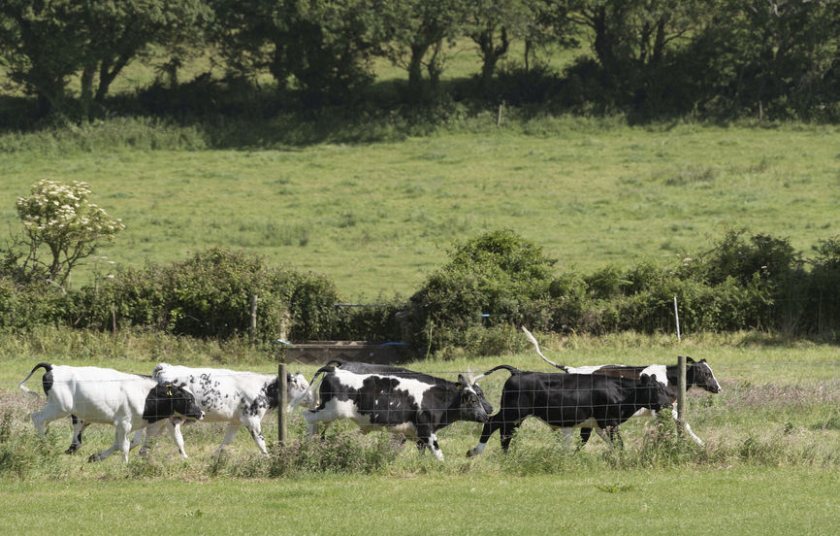
Two new genetic indexes to help farmers breed more environmentally friendly cows will be launched in August by AHDB Dairy.
The first, EnviroCow, reflects the important role genetics and breeding play in improving the environmental efficiency of milk production.
Incorporating cow lifespan, milk production, fertility and the new Feed Advantage index, EnviroCow is one of the first genetic indexes in the world to focus solely on breeding cows for environmental credentials.
EnviroCow will be expressed on a scale of about -3 to +3, where the highest positive figures are achieved by bulls which transmit the best environmental credentials to their daughters.
These will be cows which are predicted to create the least GHG emissions in their lifetimes for each kilogram of solids-corrected milk they produce.
Feed Advantage, incorporated in EnviroCow, helps dairy producers identify bulls with the greatest tendency to transmit good feed conversion on to their daughters.
It is expressed as a Predicted Transmitting Ability (PTA) in kilograms of dry matter intake saved during each lactation.
The index’s launch represents the culmination of over 30 years of research and data collection from the award-winning Langhill herd in Dumfries
Undertaken by Scotland’s Rural College (SRUC), the studies have measured the Langhill cows’ dry matter intake throughout their entire lives.
Marco Winters, head of animal genetics for AHDB said: “The environmental focus of EnviroCow reflects the important role cattle breeding can play in helping the industry reach net zero greenhouse gas emissions.”
“Calculations take account of the feed an animal is expected to eat given her solids-corrected milk production and the feed she needs for her maintenance.
“This is compared with her actual feed consumption to identify animals which are efficient converters," he said.
Adjustments are made for the size of the animal, as a smaller cow requires less feed than a larger cow giving the same level of milk production.
The most efficient cows consume as much as 400kg less in one lactation compared with the least efficient cows, meaning that for the same level of production there is substantial scope for cutting feed use.
“EnviroCow and Feed Advantage will help farmers have a positive impact on the use of the world’s finite resources and the carbon footprint of UK dairy farming,” he said.
“Now they can move this up a gear with genetic indexes designed specifically to improve their dairy cow’s carbon emission credentials.”
